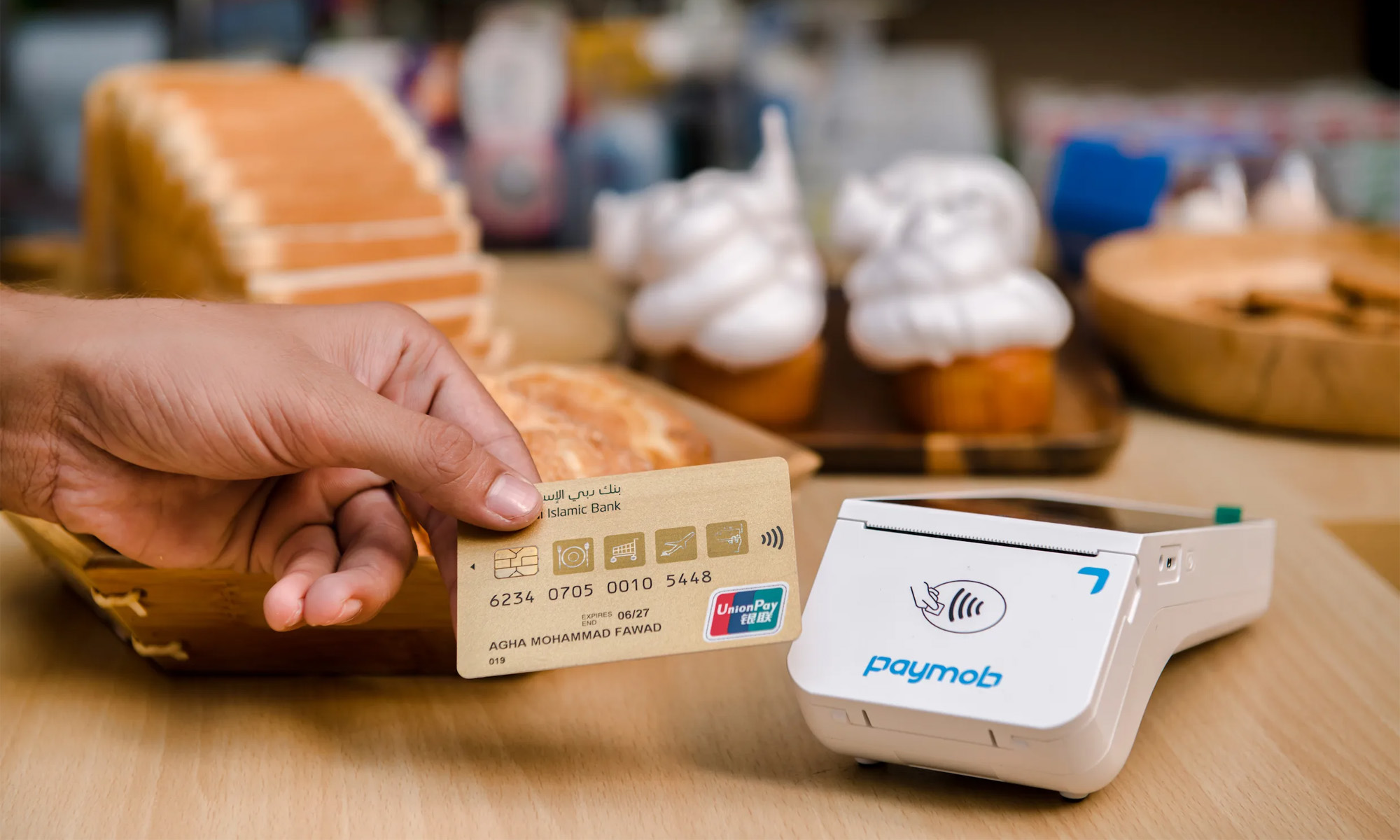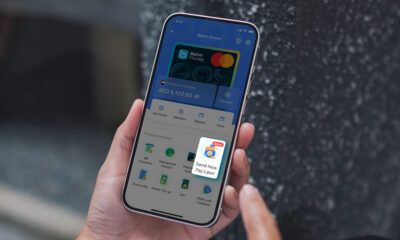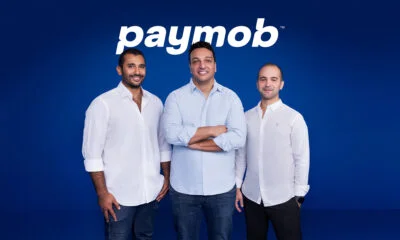News
Paymob Gets Official Certification To Operate In Saudi Arabia
The fastest growing fintech in the MENA region has been issued with Saudi Arabian Payment Technical Services Provider certification.

Paymob, the MENA region’s leading fintech payment provider, has announced that it can now officially provide services in Saudi Arabia, after securing Payment Technical Services Provider (PTSP) certification.
The fintech startup opened an office in Riyad in April 2023, and being given the official go-ahead by the Saudi government represents a considerable milestone for Paymob and its regional expansion plans.
Since its foundation in 2015, Paymob has enabled over 200,000 small-to-medium businesses and e-commerce merchants across North Africa and the Middle East to accept payment via 40+ online and in-store methods.
The Kingdom of Saudi Arabia is home to over 1 million microbusinesses and small-to-medium enterprises and boasts a favorable growth rate of 12% per annum. As part of Saudi Arabia’s Vision 2030 strategy, the government plans to increase the contribution from small businesses to the country’s GDP from 20% to 35% while simultaneously boosting the amount of non-cash transactions to over 70% of the total consumer spend.
Saudi Arabia is also experiencing extremely rapid eCommerce growth, with year-on-year transaction volumes increasing by 65%. The country’s rapid digitization and favorable market conditions make it an excellent fit for digital payments enablers like Paymob, which has a proven history of providing highly-localized, cutting-edge solutions.
Also Read: A Guide To Digital Payment Methods In The Middle East
Islam Shawky, Co-founder and CEO of Paymob, was understandably enthusiastic about the recent certification: “Obtaining the PTSP certification in Saudi Arabia is a significant accomplishment for us. It reflects Paymob’s commitment to our KSA expansion plans while serving merchants and entrepreneurs across the Kingdom to support their growth with cutting-edge financial technology solutions. We are excited to contribute to the emerging fintech ecosystem in Saudi Arabia and to play our part in driving the Kingdom’s digital transformation outlined in Vision 2030”.
News
HiFuture Wraps Up Successful GITEX GLOBAL 2024 Appearance
The electronics company wowed audiences at the world’s largest tech event with a range of wearable and smart audio devices.

This year’s GITEX GLOBAL 2024 in Dubai saw a huge number of startups, electronics firms, and innovators from around the globe gather for the tech sector’s largest event of its kind. One company making waves at this year’s expo was Chinese tech group HiFuture, which showcased a range of products with a focus on wearable technology and smart audio.
At the HiFuture booth, the company captivated attendees with cutting-edge smartwatches like the ACTIVE and AURORA, along with a range of powerful wireless speakers, earbuds, and even smart rings. Visitors were eager to check out the sleek new designs on offer and even had the chance to test out some of the products themselves.

Among the highlights were smartwatches combining dual-core processors with customizable options. The devices blended style and technology, offering health monitoring capabilities, personalized watch faces, and advanced AI-driven functionalities, giving attendees a taste of the future of wearable technology.
On the audio front, HiFuture’s wireless speakers left a lasting impression, offering rich, immersive sound in compact, portable designs. These speakers cater to both intimate gatherings and larger celebrations, offering versatility for users. Meanwhile, the company also showed off its Syntra AI technology, which it claims “revolutionizes health and fitness tracking by combining advanced optical sensors with intelligent algorithms for precise, real-time insights”.
Also Read: How (And Why) To Start A Tech Business In Dubai
The presence of HiFuture’s leadership team at GITEX 2024 underscored the importance of this event for the company, with CEO Levin Liu leading a team of executives, all keen to engage with attendees and offer insights into HiFuture’s vision, product development process, and future direction.
Overall, it seems that GITEX GLOBAL 2024 has been a rewarding experience for HiFuture. The enthusiasm and curiosity of attendees shown to the company’s diverse range of products was obvious, with the HiFuture team leaving on a high note and clearly excited and motivated by the event.




























